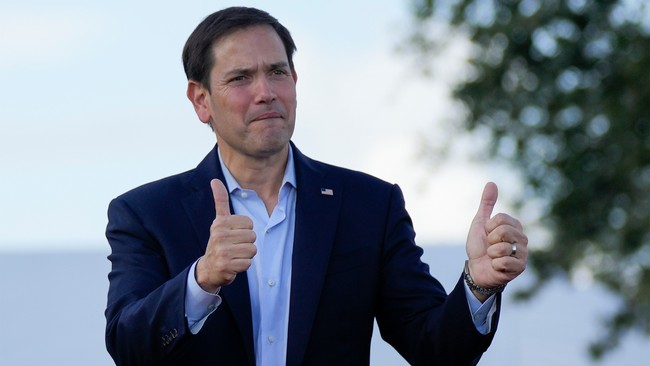Political Turmoil: Italy, Musk, and Migrant Policy
Italy's controversial plan to process asylum seekers in Albania faces significant legal hurdles, while Elon Musk's comments spark diplomatic tensions. What are the implications for Italy's government?
Published November 14, 2024 - 00:11am

Image recovered from rtl.de
Italy's attempt to manage migration flows through a controversial deal with Albania is facing severe challenges, as judicial decisions have recently thwarted these efforts. The Italian government, led by right-wing Premier Giorgia Meloni, had embarked on a strategy to process Mediterranean migrants in Albanian camps. This plan, considered a key element of the government's immigration policy, has been met with a string of court setbacks. A recent judgment by a court in Rome mandated the return of migrants from Albania to Italy, citing legal concerns over detaining people outside domestic jurisdiction.
This legal dispute has caught the attention of prominent global figures, including Elon Musk, who criticized the Italian judiciary's rulings. Musk's comments, shared on the social media platform X, questioned the autonomy of the Italian legal system and drew a rebuttal from Italy's President Sergio Mattarella. In a pointed statement, Mattarella emphasized the nation's sovereignty and capability to self-govern, implicitly addressing Musk's remarks without mentioning him directly. Italy's political landscape has witnessed friction between judicial actions and government objectives, raising questions about balance between national sovereignty and institutional checks that align with European Union regulations.
This controversy over migrant processing has also ignited political discourse within Italy, with figures such as Matteo Salvini, the leader of the right-wing League, expressing concerns over what they perceive as judicial overreach. Salvini has openly criticized the courts for interfering with governmental plans, labeling the judicial decisions as politically motivated obstruction. The Italian government sees the Albanian centers as a means to manage immigration influxes effectively, providing a potentially replicable model amid growing European migration pressures.
Meanwhile, Elon Musk announced his anticipated advisory position under U.S. President Donald Trump's administration, sparking further diplomatic discussions. Given his previous associations with Giorgia Meloni and appearances at political engagements, Musk's controversial public statements have implications beyond social media. His involvement underscores the intersecting global dimensions of immigration policy and international politics. The developments invite discussion about the extent to which non-state actors and influencers like Musk can sway public and political perceptions on issues such as migration.
At the heart of this diplomatic and judicial saga are the displaced individuals themselves. Human rights groups have voiced strong objections to the Albanian outsourcing plan, arguing it undermines international asylum protocols. Critics contend that such strategies may violate human rights obligations, urging Italy to focus resources on enhancing domestic processing capabilities for migrants, rather than relying on external arrangements. This conflict underscores the complexities and sensitivities inherent in managing international migration in alignment with both national priorities and human rights frameworks.
As this multifaceted issue unfolds, it lays bare the intricate challenges facing contemporary immigration policy. The Italian government is navigating legal constraints, political dissent, and international scrutiny, all while striving to address migration flows that significantly impact the socio-economic fabric of Europe. Whether Italy can find a sustainable path forward remains to be seen, but the current trajectory highlights the pressing need for coherent policy solutions that respect international legal standards and human rights.







